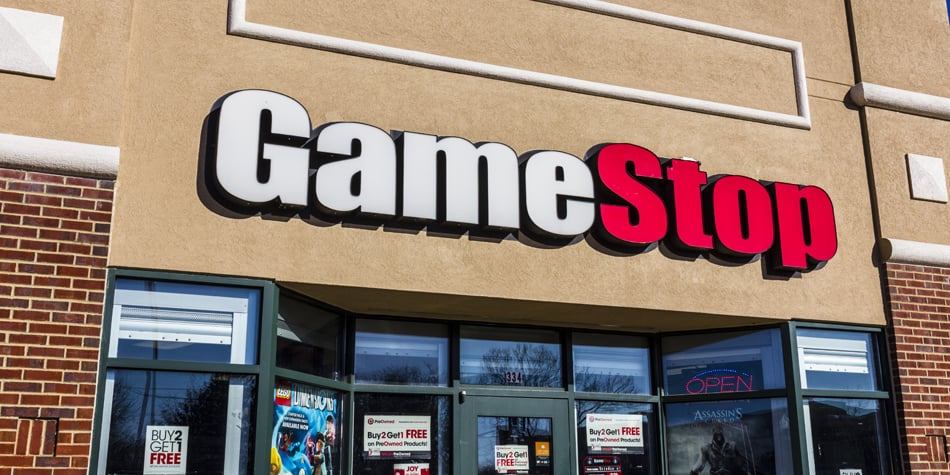- GameStop’s earnings per share (EPS) is estimated to be $0.08, marking a significant 166.7% increase from the previous year.
- The company’s strategic shift towards digital gaming and e-commerce is crucial for adapting to changing consumer preferences.
- GameStop’s financial health is indicated by a low debt-to-equity ratio of 0.08 and a strong current ratio of 8.05.
GameStop Corp. (NYSE:GME) is a well-known retailer in the gaming industry, primarily selling video games, consoles, and gaming accessories. The company has been in the spotlight due to its strategic shift towards e-commerce and digital gaming, aiming to adapt to the evolving market landscape. As GameStop prepares to release its first-quarter fiscal 2025 earnings on June 10, 2025, investors are keenly watching for insights into its financial performance.
Analysts estimate GameStop’s earnings per share (EPS) to be $0.08, a significant 166.7% increase from the previous year. This growth is attributed to the company’s strategic focus on collectibles and cost-cutting measures, which are expected to enhance profitability despite a projected 16% decline in revenue to $750 million. The shift towards digital gaming and e-commerce is a crucial factor for investors to consider, as it aligns with changing consumer preferences.
GameStop’s valuation metrics provide a deeper understanding of its financial standing. The company has a high price-to-earnings (P/E) ratio of 100.31, indicating that investors are willing to pay a premium for its shares. The price-to-sales ratio of 3.45 and enterprise value to sales ratio of 2.31 reflect the market’s valuation of GameStop in relation to its revenue. These figures suggest that while the company is valued highly, it faces challenges in its traditional business segments.
The company’s financial health is further highlighted by its debt-to-equity ratio of 0.08, indicating a low level of debt compared to equity. This suggests a strong financial position, allowing GameStop to potentially invest in its strategic initiatives. Additionally, the current ratio of 8.05 demonstrates the company’s ability to cover short-term liabilities with its short-term assets, providing a cushion for operational stability.
As GameStop releases its earnings, investors will closely examine these financial metrics and strategic shifts to assess the company’s future prospects. The focus on digital gaming and e-commerce, along with its valuation and fundamentals, will play a pivotal role in shaping investor sentiment and decisions regarding GameStop stock.




